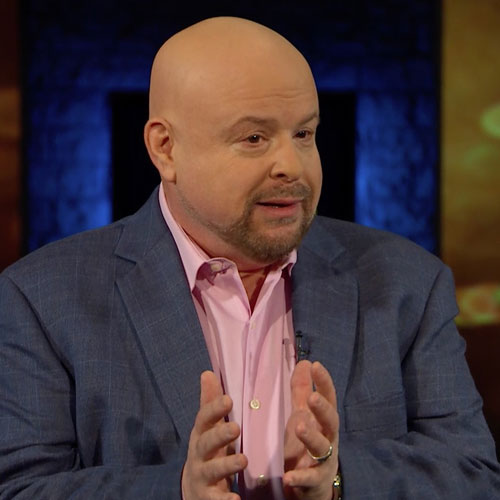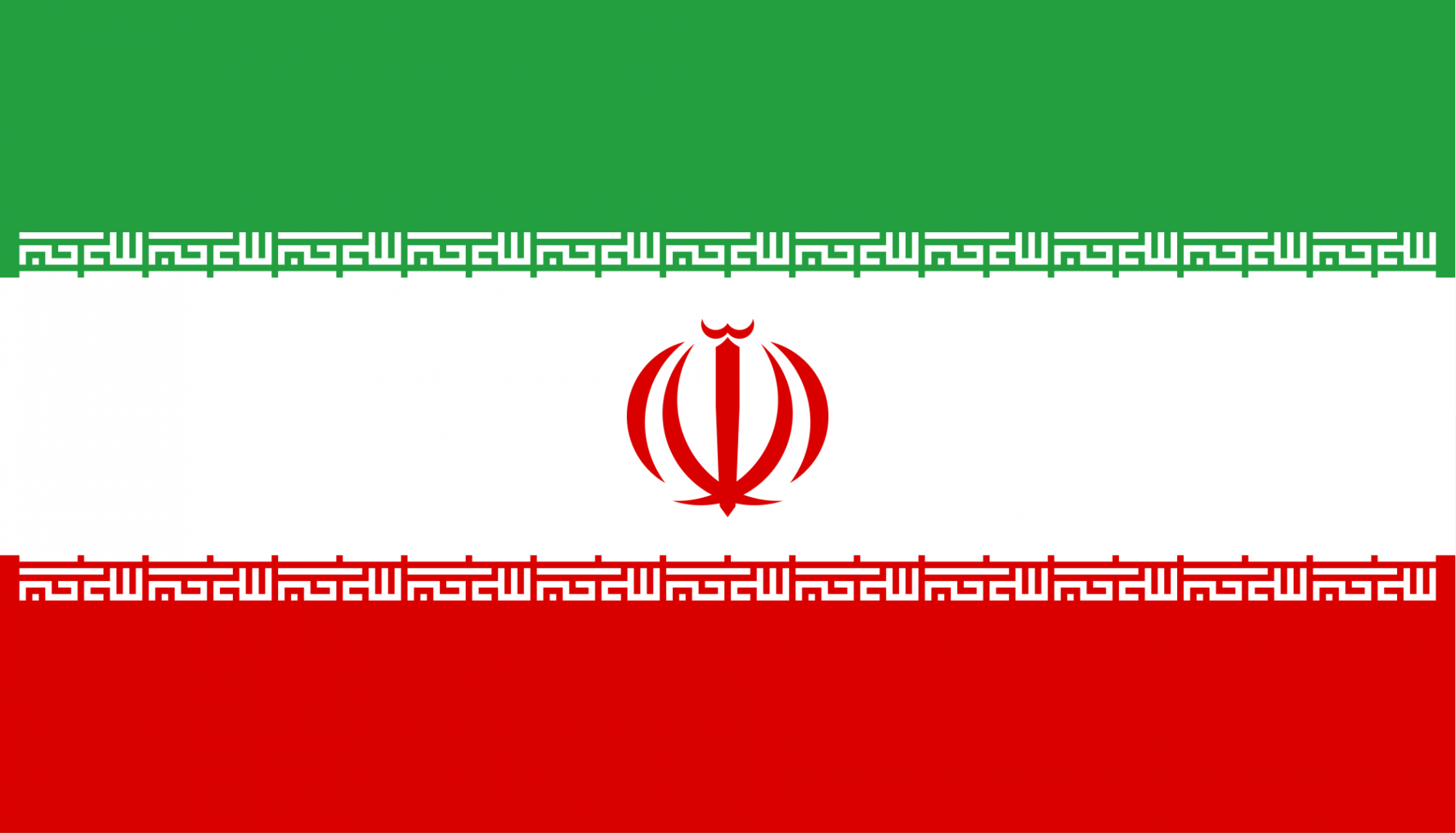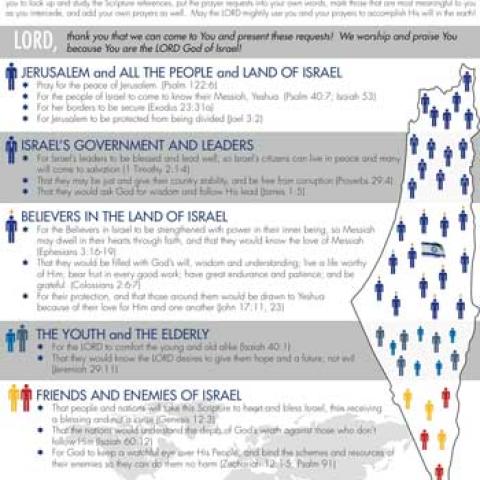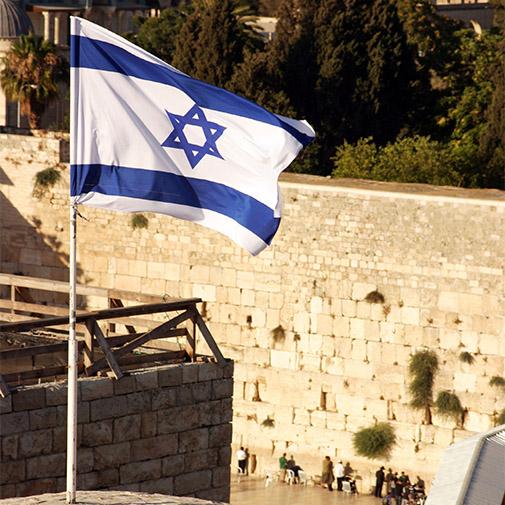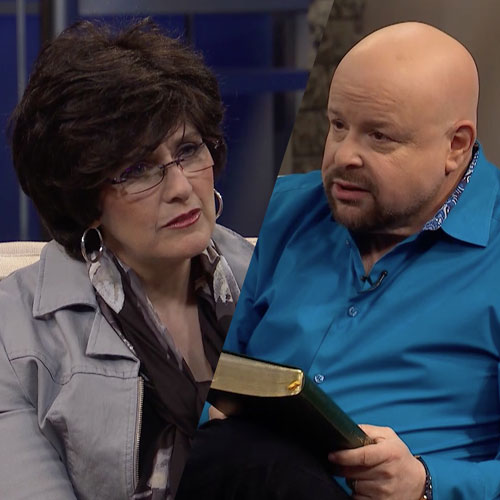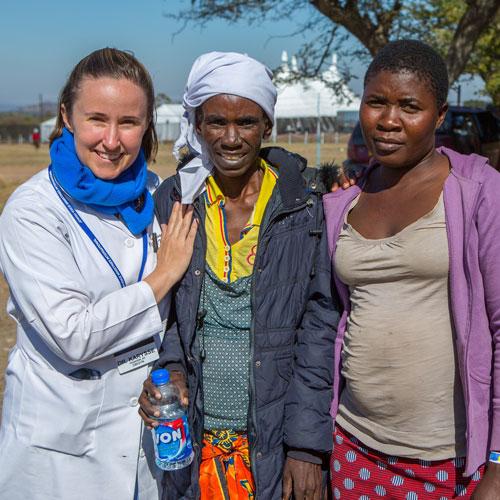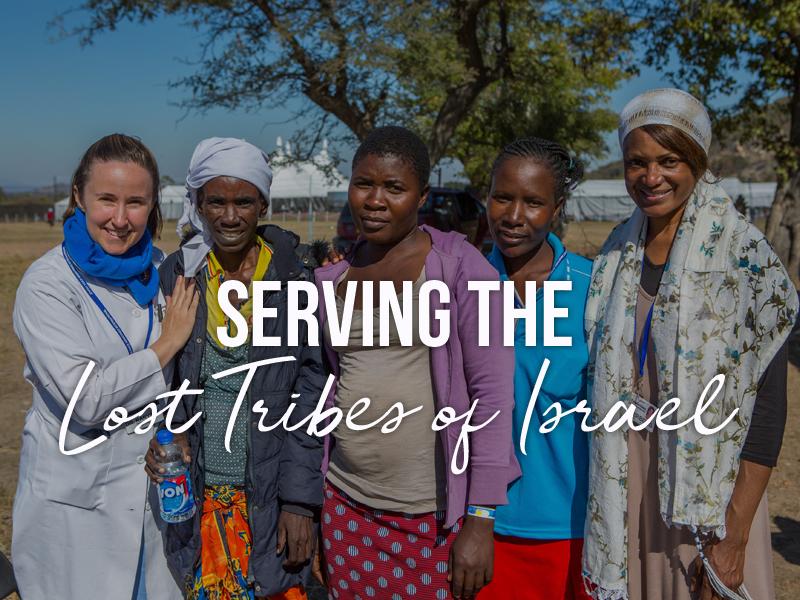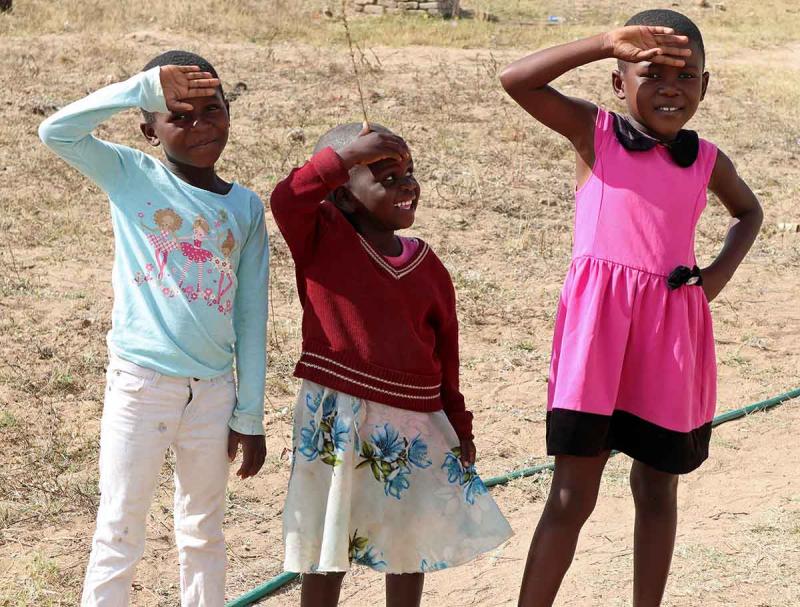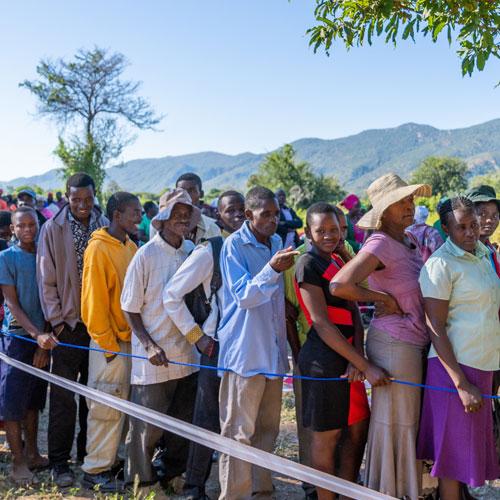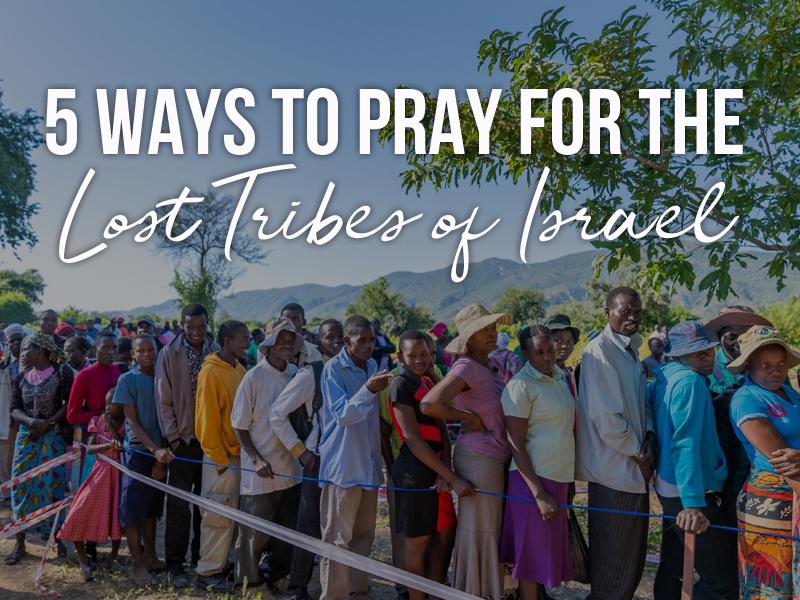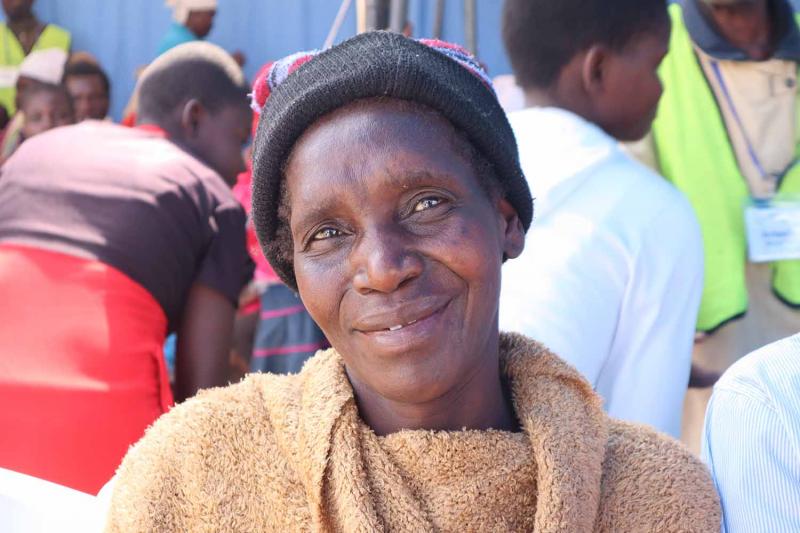“Wear your purple shirt today.”
It wasn’t an audible voice Rachel Benson heard that morning in Mudanda, Zimbabwe. She heard it in her spirit. Since Rachel isn’t one to draw attention to herself, most everything she brought on the Jewish Voice Ministries International (JVMI) Medical Outreach was in subdued tones, blacks and khakis – except for the purple t-shirt with two words in sparkling rhinestone script across the front. A mentor friend had encouraged her to bring it along.
In her tent that morning, as Rachel got ready for another day of working in the Outreach Prayer Tent, she asked, “Lord? Is that You? Do you want me to wear this shirt today?”
The answer was clearly impressed on her: Yes.
Meanwhile, a woman named Violet made her way over the dry grass holding onto her daughter-in-law’s hand. The two Zimbabwean women had been cared for at the Mudanda Clinic and now sought the spiritual care offered in the Prayer Tent.
As they stepped into the white-walled tent, a helper motioned them over to a set of folding chairs and helped 74-year-old Violet sit down. They sat in a small circle with local translators and one American woman, who was wearing a purple shirt.
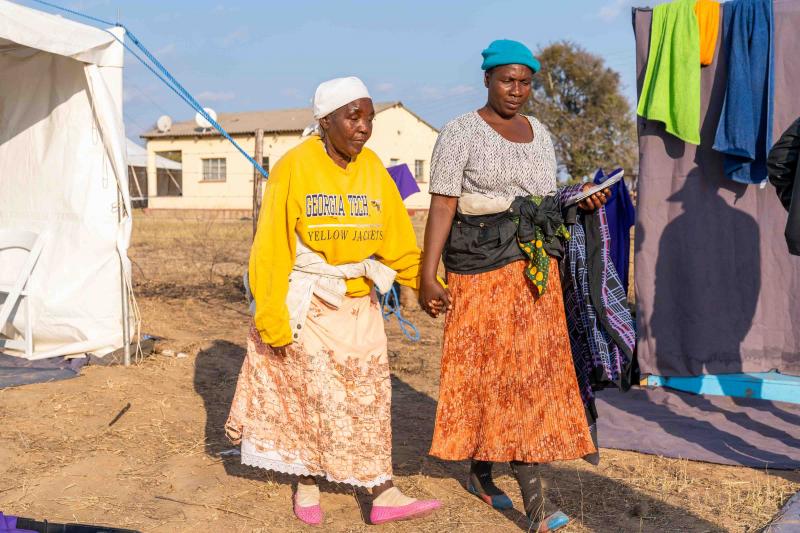
But Violet couldn’t see the shirt. An accident had left her completely blind two years before. Seated among the others, Violet was quiet and withdrawn, almost as if protecting herself.
As the American woman, Rachel, talked with Violet through the translators, she learned that her blindness was caused by an accident. Rachel prayed in Yeshua’s name – the name of Jesus – that all trauma and its effects would depart from Violet.
And God heard.
Suddenly, Violet’s eyes grew large, and shock registered on her face. She looked at her daughter-in-law. She could see her!
Violet jumped from her chair and hugged Rachel. She pointed to the sparkling letters on Rachel’s shirt, describing them and everything she could suddenly see. Violet clapped her hands and broke into a dance. The quiet woman of just a moment before was now “beyond exuberant,” Rachel said.
“To say she experienced joy is an understatement.”
Others in the Prayer Tent rejoiced too, praising God for the real-life miracle that had just occurred. Through the translators, Rachel explained, sharing the Gospel with Violet and her daughter-in-law. Both of the local women prayed and received Yeshua as their Messiah – a second miracle.
The women filled out cards requesting to receive follow-up visits from a local Messianic congregation. With this vital spiritual care, Violet and her daughter-in-law will be able to grow strong in the Word of God and become firmly established in their new faith. The two returned the next day to be immersed.
God doesn’t always choose to reveal Himself through miraculous wonders. But that morning, when Rachel prepared for her day, He had known from eternity past what He was going to do. And it surely delighted Him to select her wardrobe for the day.
The two glittering words written on Rachel’s t-shirt were “Miracles happen.”
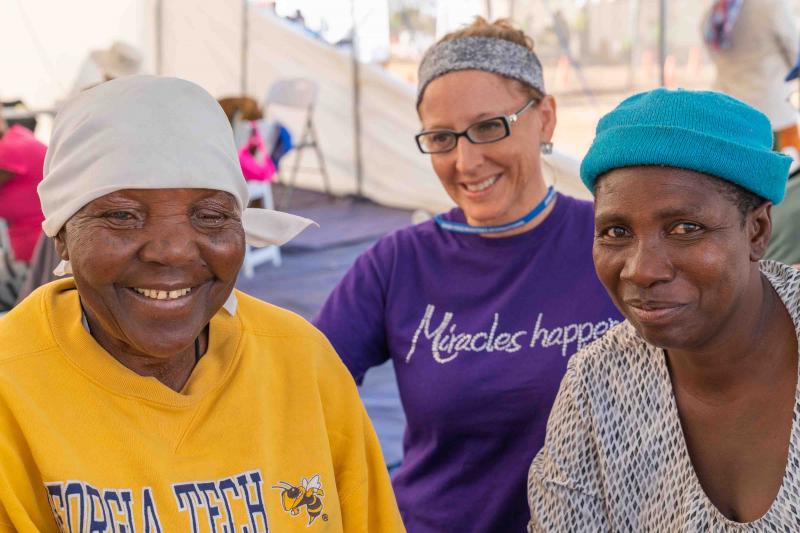



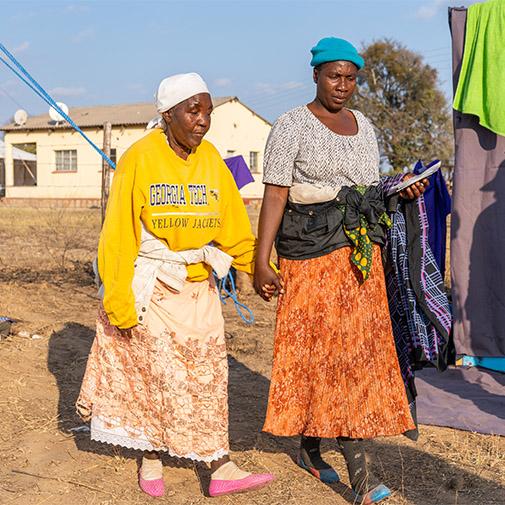
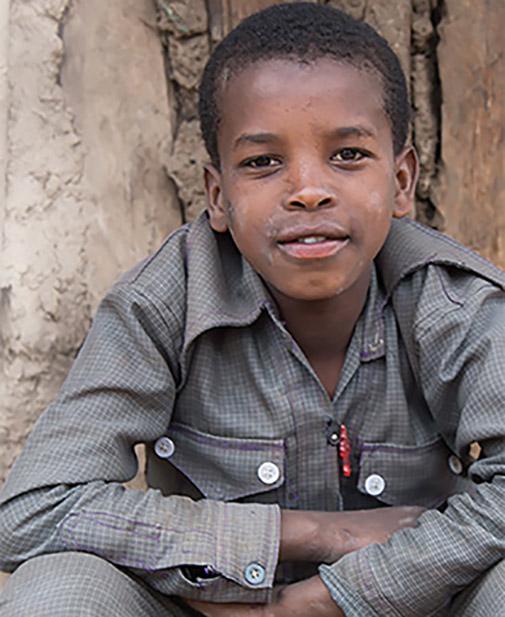

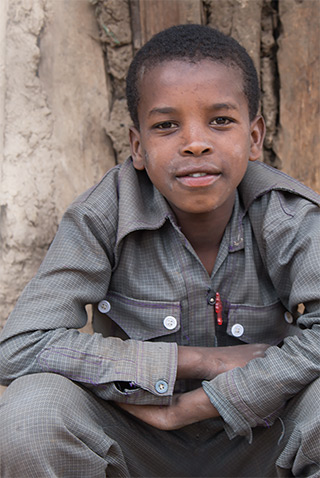 Obvious pain
Obvious pain